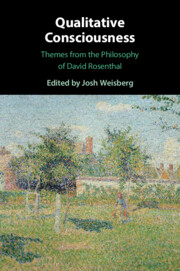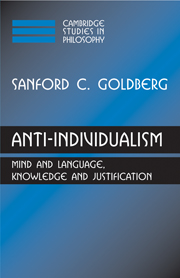The Themes of Quine's Philosophy
Willard Van Orman Quine's work revolutionized the fields of epistemology, semantics and ontology. At the heart of his philosophy are several interconnected doctrines: his rejection of conventionalism and of the linguistic doctrine of logical and mathematical truth, his rejection of the analytic/synthetic distinction, his thesis of the indeterminacy of translation and his thesis of the inscrutability of reference. In this book Edward Becker sets out to interpret and explain these doctrines. He offers detailed analyses of the relevant texts, discusses Quine's views on meaning, reference and knowledge, and shows how Quine's views developed over the years. He also proposes a new version of the linguistic doctrine of logical truth, and a new way of rehabilitating analyticity. His rich exploration of Quine's thought will interest all those seeking to understand and evaluate the work of one of the most important philosophers of the second half of the twentieth century.
- Proposes a new version of the linguistic doctrine of logical truth and a new account of analyticity
- Shows how Quine's views developed over the years
- The book presents an authentic study, as the author discussed early drafts of the work with Quine himself
Reviews & endorsements
"Edward Becker provides a close and accurate explication and critical assessment of Quine's doctrines concerning conventionalism, analyticity, indeterminacy of meaning, and inscrutability of reference. All of this is accomplished in a fine, in fact an enviable, writing style. The book will be of especial value to Quine enthusiasts and critics as well as a wider audience of philosophers and scholars."
--Alex Orenstein, The City University of New York
"Becker relentlessly pursues a comprehensive understanding of Quine’s philosophy and its constituent doctrines, from the most accessible to the most obscure. This book will be invaluable for students of Quine, and for anyone interested in the further development of the Quinean themes Becker so ably expounds."
--David Pitt, California State University, Los Angeles
"Becker (Univ. of Nebraska, Lincoln) provides an exposition of the central themes of W. V. Quine's philosophy beginning with the rejection of conventionalism, the linguistic doctrine of logical truth, and the analytic-synthetic distinction.... Becker's exposition and critical evaluation are clear, thorough, and insightful.... Recommended..."
---L.B. McHenry, California State University-Northridge, CHOICE
"...recommend Becker’s addition to the ever expanding literature on Quine’s
philosophy, a body of scholarship to which Becker has contributed significantly."
---George Lăzăroiu, PhD, Institute of Interdisciplinary Studies in, Humanities and Social Sciences, New York, Review of Contemporary Philosophy
Product details
July 2014Paperback
9781107424937
332 pages
230 × 153 × 20 mm
0.5kg
Available
Table of Contents
- Preface
- Acknowledgements
- 1. Conventionalism and the linguistic doctrine of logical truth
- 2. Analyticity and synonymy
- 3. The indeterminacy of translation
- 4. Ontological relativity
- 5. Criticisms and extensions
- Concluding remarks: conventionalism and implications
- Bibliography
- Index.






